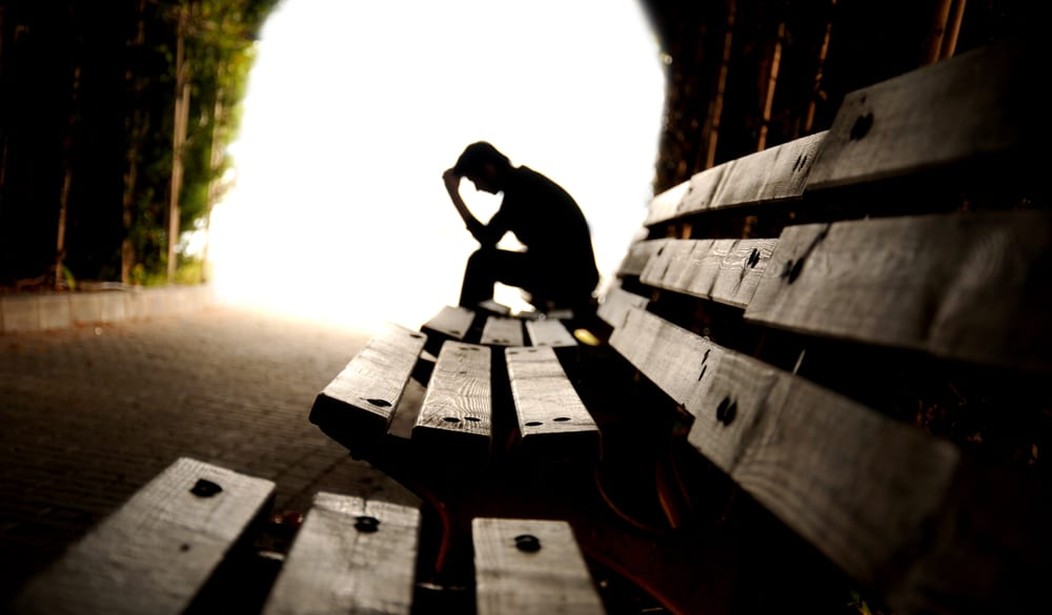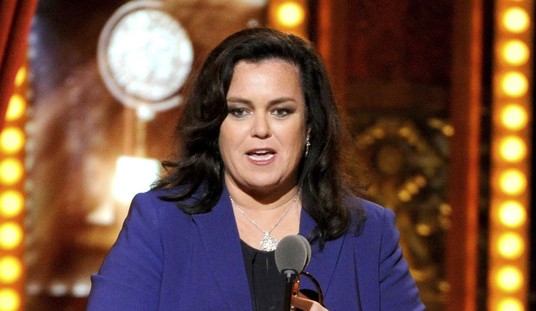A good friend died. Multiple family members are unhappy with various pressures and bad luck. A colleague was just diagnosed with a malignant brain tumor. I just found out that a former employee died two months ago at age 45. Professional frustrations weigh heavily. The state of the world, and of American politics, are both parlous. Somebody just killed five people in an unprovoked attack at the Fort Lauderdale airport.
Although I am right now reading C.S. Lewis’ famous tract on God’s relationship with human suffering, The Problem of Pain, I am not finding Lewis’ answers/analysis satisfactory. There still seems no good answer to why an all-loving, omniscient, omnipotent God would allow so much suffering.
This, of course, is for many non-believers the single biggest stumbling block to faith: If God is good, and God is all-powerful, why are so many innocents in so much pain?
It does no good to note that no human is entirely innocent. That’s a load of, well, crud. The amount of suffering endured by many people vastly exceeds the relative level of guilt or “sin” attributable to those individuals’ thoughts or actions. And the idea of “original sin,” as applied by those who say that our collective guilt for the sins of Adam and Eve is what “earns” us so much pain, is monstrous. Any God who causes or allows suffering for basically good, decent, and kind people today because some distant ancestor ate a forbidden fruit is a God who is outrageously cruel, unjust, and indeed unbalanced.
And possibly downright evil.
(This is not to denigrate the entire theological concept of “original sin,” but only to reject such an improper, meretricious explanation of what that doctrine actually says or means.)
Of course it does no justice to Lewis to encapsulate his 162-page book into one paragraph, but for our discussion purposes, the best I can do to summarize his thesis is this:
In our original, Edenic state, mankind as created beings naturally were inclined to have our “wills” perfectly consonant with the will of our all-good, all-loving Creator. No sort of happiness and no sort of goodness could possibly match the happiness and goodness of walking in God’s will. But with our “fallen” wills now apt to put our own desires ahead of God’s will – even if not consciously contrary to God’s will, but just being ill-attuned to God’s will – we already suffer, whether we know it or not, from our lack of full experience of God’s happiness. Therefore, any physical or emotional suffering that does occur (and that we do recognize as such) is not something necessarily inflicted by God, but it is, in every case, an opportunity God can use to re-orient ourselves towards Himself, and thus to true goodness and joy. God knows that anything we go through cannot possibly be to a degree as bad as the degree of joy we will experience when we return fully to Him – so, in His omniscience, He works through the pain, if we will only let Him do so, to help us find the parts of Him we have either deliberately discarded or inadvertently lost.
Or something very much like that.
Alas, I find this explanation insufficient. The obvious objection to it is to say this: “Well, if God is omniscient, He darn well should find a less painful way to draw us back to Himself. He shouldn’t wait to work through the pain or use the pain; instead, He should find a means that does not require pain of anywhere near the level we experience it. Even if the ultimate joy will be greater than our current pain, that doesn’t mean the current pain is necessary or reasonable for His purposes, or at least not the pain as experienced by so many who are relatively innocent.”
Which leads us… well, where, exactly?
I posited an answer to this question here in this space last summer – not my definitive answer, but instead an answer for purposes of contemplation and discussion. To understand my whole proposal, follow that link, but here’s the nut of it:
For discussion purposes only — absolutely not as a statement of doctrine, but as a hypothetical — consider the possibility that while God is omniscient (all-knowing) and all-loving, He might not actually be omnipotent. What if He is only multi-potent: our world’s Creator, yes, and able in certain circumstances and in certain ways to influence earthly events, but not absolutely able to bend all events to His will? What if He sees the suffering and wants to help, and tries to help, but can’t just snap His Godfingers and make things better all at once? What if God’s power has limits?
Of course this looks like a form of heresy, although my fuller explanation was far less so. But to whatever degree it breaks from traditional Christian understanding, it becomes for many people illegitimate even as an intellectual exercise. Either way, the ultimate answer is that we don’t really know the answer. It is trite but true that “God only knows,” or that “only God knows.” Our human understanding cannot fully comprehend God’s wisdom (of lack of it, if such exists).
What does remain for us is to endure, to try to overcome and transcend, and to keep our faith – knowing that our faith itself in turn makes the endurance easier. (This is a point the faithless often fail, or even refuse, to understand, and thus fail to allow themselves to experience.)
Something else, too, remains: No matter why we suffer, we know we are told to hope, and that we are promised that our hope will be redeemed. In short, no matter why God allows the suffering, we can choose, or not choose, to believe the promise, to grab the hope, and thus to make ourselves open to the redemption.
Today’s Old Testament reading (Isaiah 42: 1-9) speaks to this (with my emphasis added): “I am the Lord, I have called you in righteousness, I have taken you by the hand and kept you, I have given you as a covenant to the people, a light to the nations, to open the eyes that are blind, to bring out the prisoners from the dungeon, from the prison those who sit in darkness.”
This is a God who tells us again and again that He is ultimately a God of mercy, release, and redemption. If He is indeed the one who was powerful enough to create us and to create so much in this world that is indisputably happy, lovely, beautiful, and good, why should we not believe that he is powerful enough to provide mercy and joy so profound that it will make all our sufferings seem tame by comparison? And what harm does it do us to so believe?
We may never know why we suffer. But we can ease our sufferings now, and probably redeem them in the future, by believing that God will eventually and wonderfully loose us from our individual prisons.
Quin Hillyer is a veteran conservative columnist. He has an undergraduate degree in Theology from Georgetown University and has served for years in various forms of ecumenical lay leadership.









Join the conversation as a VIP Member